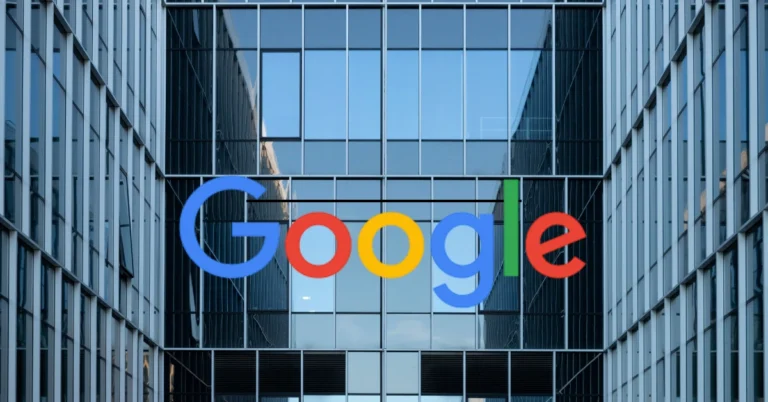Google has introduced a new feature called Web Guide that uses artificial intelligence to make online searches more organised and helpful. Instead of showing a simple list of results, Web Guide groups related pages together based on different angles of your search. For example, if someone searches for tips on solo travel in Japan, the results might be grouped into categories like safety tips, travel blogs, or step-by-step guides. This makes it easier for users to find what they need without scrolling endlessly through unrelated links.
This feature is part of Google’s Search Labs, which is a testing ground where users can try out experimental tools before they are officially released. Other experiments include Notebook LM and AI Mode, which also use generative AI to improve how users interact with content. The Web Guide experiment is powered by Gemini, Google’s large language model, which helps understand complex or vague search queries better than traditional keyword-based systems. It is especially useful for more detailed or open-ended questions, like asking for ways to stay in touch with family across time zones.
The idea behind Web Guide is to make search smarter by offering a more structured and personalised experience. Each group in the results represents a different way of looking at the question, helping users discover useful insights they might have otherwise missed. This is a shift from Google’s usual method, where the most optimised pages show up first, even if they don’t fully answer the user’s query.
Right now, Web Guide is only available to users who choose to activate it through the Search Labs page. It currently works on the “Web” tab of Search, with the option to toggle it off without leaving the experiment entirely. Google says it plans to expand the feature across other search sections in the future, including the main “All” tab, which could make it a core part of how Search works going forward.
This move shows how Google is continuing to reshape its core products using AI, aiming to give people quicker and more relevant answers. By helping users make sense of broad or complex questions more inherently, Web Guide brings a new level of depth to everyday searching, without making it feel overwhelming or technical.








